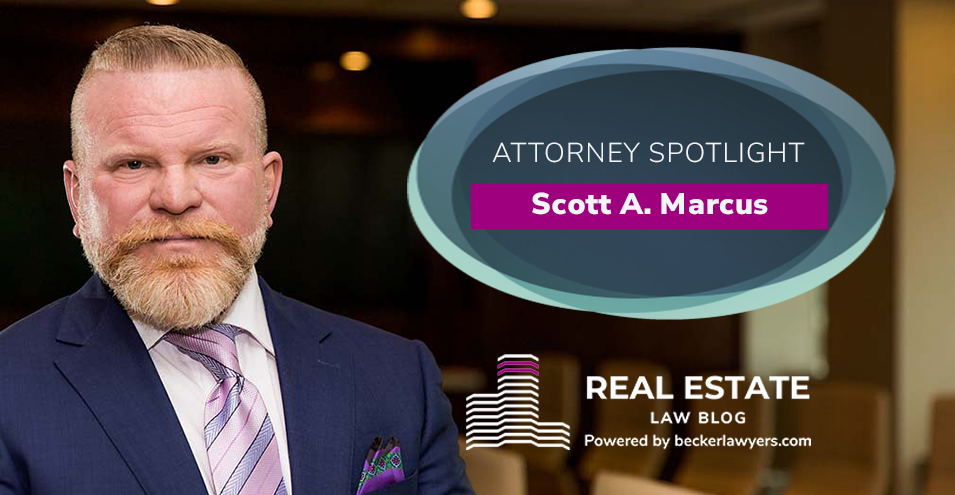
Unlicensed Practice of Law
Q: As a realtor, how do I know what I’m allowed to do myself, and what I need to hire an attorney to do?
A: Real estate professionals often have questions about what might constitute the unlicensed practice of law – commonly known as UPL – which is a criminal infraction under Florida law. UPL can occur in a lot of situations, some of which are less obvious than others, and so it’s important to educate yourself as to what actions might violate the law.
As an example of how the UPL issue can arise, recently, the Florida Supreme Court, in a case called Shore v. Wall, found that a company which (1) advertised itself as having special knowledge regarding how to recover excess tax sale proceeds; (2) contacted potential clients who held claims to such proceeds; (3) offered those clients an arrangement by which their claims would be assigned to the company, but the parties would agree to share in any recovered proceeds, 60% to the client and 40% to the company; (4) formally requested the surplus funds from the Clerk of Court; and (5) filed pleadings in court to recover the funds, had engaged in UPL.
The court found that, because the company was not a law firm, it had falsely claimed to be an absolute assignee of its clients’ interests in the tax sale proceeds, in an attempt to appear to be representing itself, rather than its clients, in court. But, in reality, since the clients were to receive 60% of any proceeds, the company was, in fact, representing its clients, and not itself, as to that percentage.
Importantly for our purposes, the court addressed more than just the company’s in-court activities, finding that the company’s drafting of the agreements, letters, and court documents, which affected its clients’ “important legal rights,” was also UPL.
Under Florida law a non-lawyer cannot assist a client in preparing documents or forms for submission to any court or governmental agency, or even prepare legal forms or legal documents affecting a client’s legal rights. With a few specific exceptions, the preparation of legal documents by a non-lawyer, for another person, to any greater extent than simply typing or writing information provided by the customer on an approved form, constitutes UPL.
So, while representing someone in court is clearly the practice of law, the practice of law also includes giving legal advice to others as to their rights and obligations, and preparing legal instruments, including contracts, which affect legal rights, even if those documents are never the subject of a lawsuit. Giving advice to or performing services for a client in legal matters for compensation (although compensation is not always required) constitutes UPL.
Knowing when you could be crossing the line into engaging in UPL is particularly important since UPL constitutes a third degree felony, which carries with it a possible 1-to-5-year prison sentence, and can also result in professional discipline, such as suspension, or the loss of your license, depending upon your industry.
Here are some good rules of thumb: You may be engaging in UPL even if you (1) aren’t being compensated for your service, (2) aren’t involved in litigation, or (3) explained or warned your client that you are not an attorney. You will almost certainly be held to have engaged in UPL if you (1) involve yourself in any litigation on behalf of another person, (2) draft legal documents for another person (which includes drafting and inserting provisions or addendums into form documents, which have not been dictated, word-for-word by your client), (3) give advice on drafting such documents, or (4) otherwise advise clients on legal matters.
Keep in mind that since, in a prosecution for UPL violations, the most damaging testimony may very well come from the client that you were trying to help, you should err on the side of caution and always consult an attorney.




No Comments